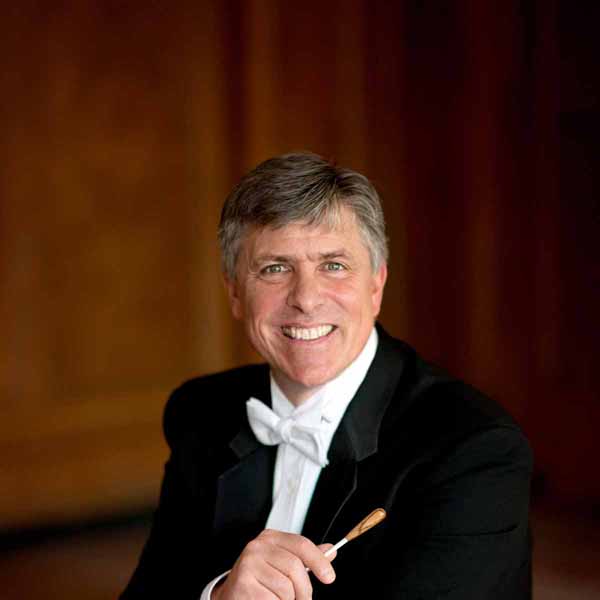Biography
Recognized string pedagogue and conductor, Scott Laird, serves on the faculty of The North Carolina School of Science and Mathematics where he is Fine Arts Coordinator and Instructor of Music. Noted for his innovative approach to ensemble development and musicianship, Laird is a frequent conductor of honor orchestras and is a sought-after conference presenter. He regularly performs on acoustic and electric violin and is known for his abilities in both the classical and improvisatory arena. Laird was the recipient of the 2019 UNC Board of Governors Excellence in Teaching Award, 2017 ASTA Elizabeth A. H. Green Award, and North Carolina Symphony’s 2016 Maxine Swalin Award. He is currently on the National Boards of the American String Teachers Association, El Sistema USA and Creative Strings, Inc. He has served as President of the NC Chapter of ASTA, Chair of the NCMEA Orchestra Section and maintains a presence as a national leader in string education. He earned his B.S. in Music Education and his M.A. in Violin Performance from Indiana University of Pennsylvania, where he studied violin with Prof. Delight Malitsky. He earned his National Board Certification in 2004 and recertified in 2013. His blog, “Thoughts of a String Educator,” enjoys broad readership in the music education community. In addition, Laird serves as a sponsored artist and educational specialist for D’Addario Bowed Strings, Coda Bows, Conn Selmer, and NS Design Electric Violins and String Editor for C Alan Publications.
Session Titles
10 Practical Strategies for Incorporating Bowed Electric Strings into Your Classroom
Teacher
This session will feature 10 practical and proven strategies for integrating electric stringed instruments into your school orchestra program. The presentation will include demonstrations, video of student performances, and anecdotes of actual classroom applications and experiences. The presenter has been performing and teaching with electric stringed instruments for over 25 years.
Bringing STEM into the String and Orchestra Classroom
Teacher
This session will provide tips on interdisciplinary topics relating to music and STEM for all levels of string instruction. Participants will receive numerous terms and concepts from the areas of science, technology, engineering, and mathematics that can be easily incorporated into regular string lessons and orchestra rehearsals at all levels. These topics will include concepts such as variables, data, fractions, gravity, activation energy, elastic collisions, dynamic vs. static passages, and, many more.
Finding and Maintaining Fulfillment in your Career in String Education
Teacher
Participants will consider their level of fulfillment with their work and career in string education. The presenter will provide a variety of focus areas for consideration and models for identifying and assessing career fulfillment. Attendees will be asked to consider their roles as artists/educators, motivations for embarking on a career in string education, sense of mission in the school and community, complexity of their work, perspective on workload, busy schedules, and a balanced life.
Techniques, Tips, and Strategies: Approaching your string class and rehearsal from a new perspective
Teacher
This interactive session will provide a variety of unique strategies for directors of secondary string ensembles base on attendees interest and requests. The presenter will offer explanations and tips that address performance concerns common to the string ensemble as well as pertinent, specific methods of explanation that grow from his experiences on the podium and in the classroom.
The Habit Loop and Applications to Rehearsal Strategy
Teacher
This session will define the habit loop and offer practical effective rehearsal strategies that employ clearly defined characteristics of habit development. Attendees will be encouraged to consider concepts in meta-cognition, leadership, and musicianship as they relate to habits and the ensemble. Topics will include approach, preparation, proactive and reactive participation, dynamic vs. static passages, and inner rhythm.
